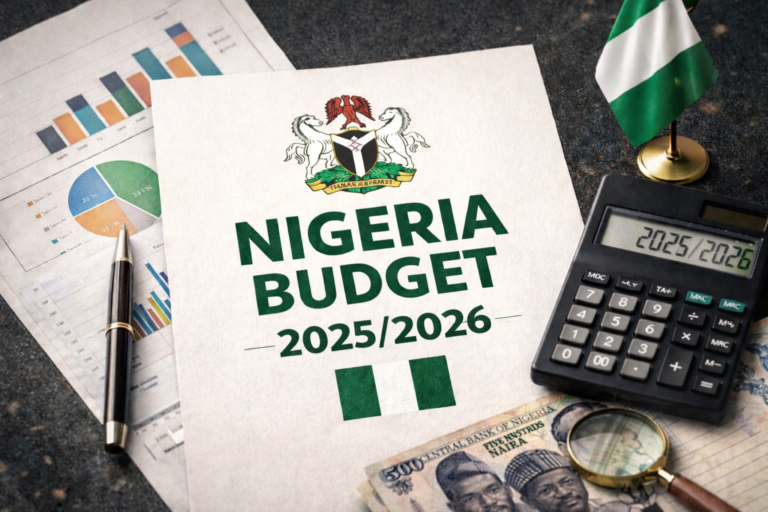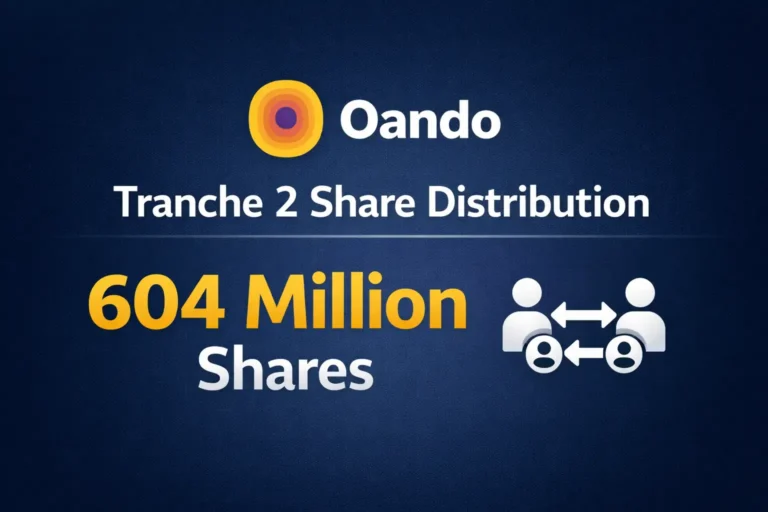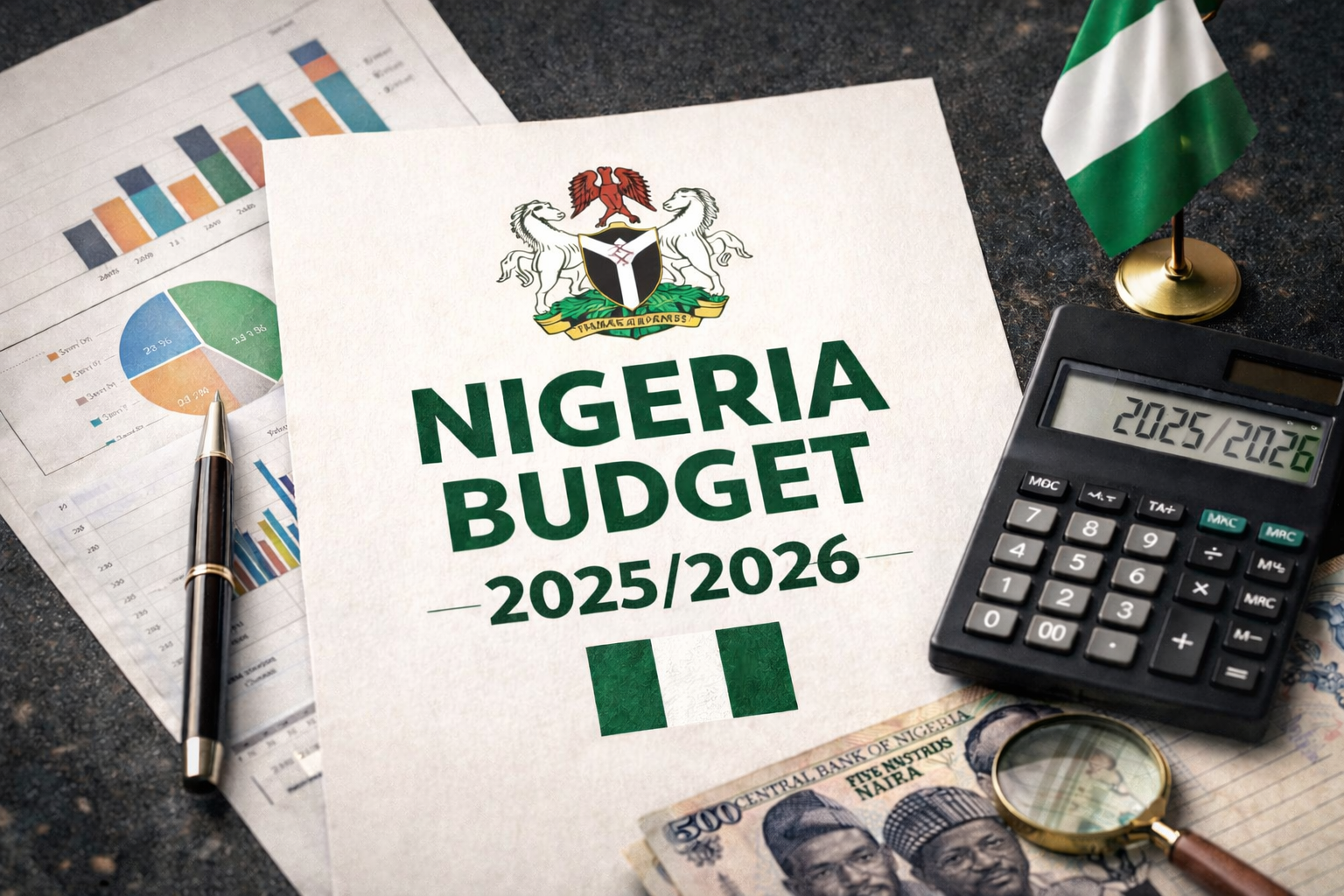Micro, Small, and Medium Enterprises (MSMEs) remain the backbone of Nigeria’s economy, contributing 46.3% to the country’s Gross Domestic Product (GDP) and employing 87.9% of the workforce, according to a new Intelpoint research report on business finance, revenue, and government support for small enterprises.
The study underscores the centrality of MSMEs in driving inclusive economic growth. With 39.65 million MSMEs recorded in Nigeria as of 2020, the sector accounts for 96.9% of all registered businesses in the country. These enterprises range from roadside vendors to tech startups, highlighting the resilience and ingenuity of Nigerian entrepreneurs.
Reliance on Personal Savings
One of the most striking findings is the persistent reliance on personal savings. 51.1% of business owners fund their ventures from their own pockets, with bank loans accounting for just 15.7% of financing. This reflects a systemic credit gap that has left many small businesses excluded from formal financial systems.
Regional Disparities in Revenue
The report highlights sharp regional inequalities. MSMEs in the South West, powered by Lagos’ financial infrastructure, record an average monthly revenue of ₦8.3 million. In contrast, businesses in the North Central region average just ₦241,000 per month, pointing to a significant development divide
Limited Government Support
While the federal and state governments have rolled out various initiatives, only 25.1% of MSMEs report benefiting from government support such as grants, loans, or training. A staggering 74.9% remain excluded, often due to bureaucratic hurdles, lack of transparency, or limited awareness
Inflation and Policy Concerns
Looking ahead, inflation remains the top concern for 48.9% of businesses. Entrepreneurs cite high operating costs, inconsistent power supply, and foreign exchange instability as barriers to growth. Despite these challenges, optimism persists: most business owners expect stronger performance by the end of 2025.
Why It Matters
MSMEs are not just economic actors—they are the largest employers in Nigeria and critical to poverty reduction, innovation, and grassroots development. Without targeted interventions in access to finance, infrastructure, and transparent government support, however, the sector risks being trapped in survival mode rather than scaling into engines of growth.























